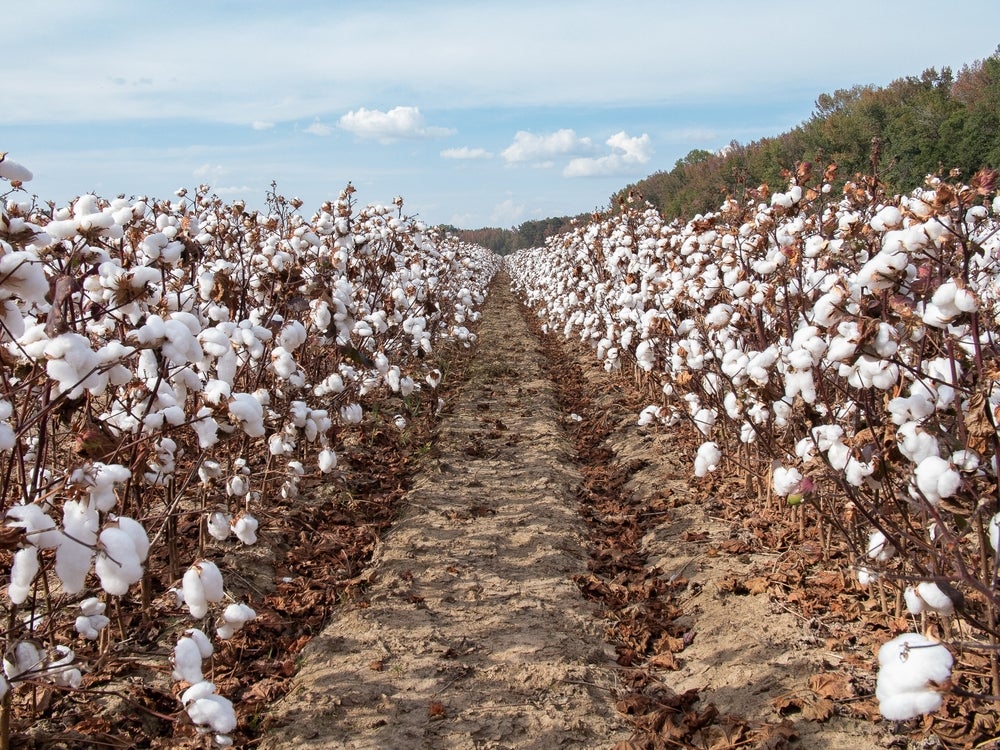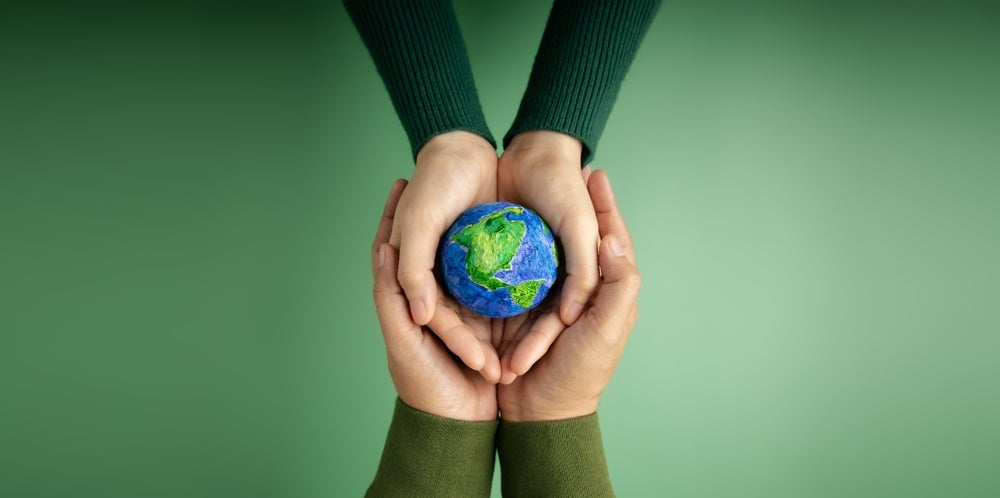
Spanish clothing giant Inditex, the world’s largest clothing retailer, has outlined a series of new sustainability commitments – including a pledge that 100% of the cotton, linen and polyester used by all eight of its brands will be organic, sustainable or recycled by 2025.
Announced yesterday (16 July) at the company’s Annual General Meeting (AGM), the targets were among several unveiled by executive chairman Pablo Isla.
“Sustainability is a never-ending task in which everyone here at Inditex is involved and in which we are successfully engaging all of our suppliers; we aspire to playing a transformational role in the industry,” he said.
Cotton, linen and polyester – together with viscose, which will be 100% sustainable by 2023 – constitute 90% of the raw materials purchased by Inditex, whose chains include Zara, Massimo Dutti, Bershka, Oysho, Pull and Bear, Stradivarius and Uterqüe.
Commitments
How well do you really know your competitors?
Access the most comprehensive Company Profiles on the market, powered by GlobalData. Save hours of research. Gain competitive edge.

Thank you!
Your download email will arrive shortly
Not ready to buy yet? Download a free sample
We are confident about the unique quality of our Company Profiles. However, we want you to make the most beneficial decision for your business, so we offer a free sample that you can download by submitting the below form
By GlobalDataSee Also:
One of the first milestones is for the number of the group’s Join Life garments to more than double in 2019, accounting for over 25% of all garments in 2020. Launched in 2016, the Join Life label identifies the use of more sustainable raw materials such as organic cotton, recycled polyester and Tencel and the prioritisation of more water and energy-friendly processes.
The volume of clothing featuring the Join Life label has already increased by 85% in 2018 to 136m garments.
The volume of clothing featuring the Join Life label has already increased by 85% in 2018 to 136m garments. The group is anticipating further growth of 110% in 2019 – and by 2020 one in every four items of clothing put on sale will qualify for this sustainability label.
Also for this year are plans for all of the group’s platforms and head offices to meet the highest green building certificates, and for all Zara stores to be eco-efficient (which is one year ahead of the original target). In addition, 80% of the energy used in the group activities (stores, logistic centres and offices) will be renewable, while its at-home used clothing collection service, currently operating in several cities in Spain and China, will be extended to Paris, London and New York by September.
Another of the more ambitious programmes announced is that the entire eco-efficient store platform will be complete by 2020. Zara will achieve this target in 2019, the rest of the brands will follow suit in 2020, assisted by the company’s effort to fine-tune and digitalise its sales footprint.
Also in 2020, all of Inditex’s brands will have eliminated the use of plastic bags.
Also in 2020, all of Inditex’s brands will have eliminated the use of plastic bags, with Zara, Zara Home, Massimo Dutti and Uterqüe already having done so. In 2018, only 18% of all bags were made from plastic.
In addition, all of the group’s stores will have been fitted with containers for collecting used clothing for subsequent charitable purpose reuse or recycling in 2020. The Clothing Collection programme is one of the cornerstones of Inditex’s circular economy effort which has increased to 24 markets.
The 1,382 containers installed in the group’s stores are complemented by the 2,000 street containers set up throughout Spain in collaboration with Caritas and the at-home pick-up service operational nationwide in Spain. Since its launch, over 34,000 tonnes of garments, footwear and accessories have been collected through the dedicated containers placed in the company’s stores, offices and logistics platforms.
Complementing this programme is the strategic commitment to researching new technologies for developing new recycling processes. On this point, Isla referred to the expansion of the collaboration agreement with the Massachusetts Institute of Technology (MIT) under a US$4m plan designed to tackle global challenges in operational and sustainability matters and support research into better ways of recycling clothing and recovering fibres using clean technology.
By 2023, the company will have fully eliminated single-use plastics from customer sales
While by 2023, the company will have fully eliminated single-use plastics from customer sales and 100% of the waste generated at the group’s head offices, logistics platforms and stores will be sent for recycling or reuse, framed by the Zero Waste programme.
Currently, the company is recycling or reusing 88% of the waste. It will continue to introduce collection and recycling systems for all of the materials used in its package distribution and hanged garment operations (mainly FSC-certified cardboard boxes, recycled and recyclable plastic, alarms and hangers) for reuse within the supply chain itself or for recycling under the so-called Green to Pack programme.
Sustainability committee
Meanwhile, during the AGM, Isla noted the creation of the recently announced board-level sustainability committee has been approved. Plans for the new committee were first revealed last month in the group’s first-quarter earnings statement.
Along with overseeing Inditex’s “total commitment to sustainability,” the new sustainability committee will supervise the group’s supply chain monitoring effort and the relationship with the various stakeholders with a vested interest in sustainability and with the CSR board; it will verify compliance with the group’s health and safety and human rights standards all along the value chain and with the sustainability information reporting process; and any other issue or initiative that impacts or could impact the company’s sustainability.
“This commitment to sustainability is only possible thanks to the commitment of all the people that are part of every Inditex activity stage, as well as to the commitment of all our suppliers in order to achieving these goals,” Isla said at yesterday’s AGM.








